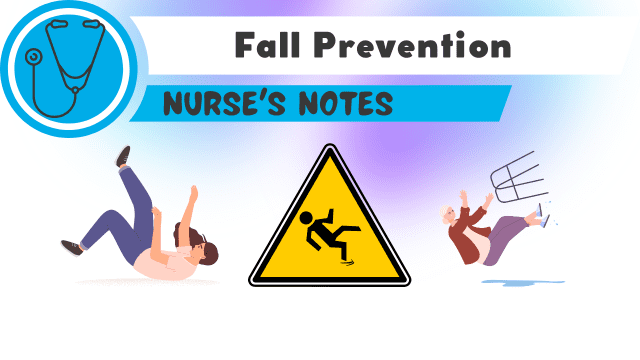About Dementia Fall Risk
About Dementia Fall Risk
Blog Article
More About Dementia Fall Risk
Table of ContentsThe Buzz on Dementia Fall RiskMore About Dementia Fall RiskThe smart Trick of Dementia Fall Risk That Nobody is DiscussingDementia Fall Risk for BeginnersNot known Incorrect Statements About Dementia Fall Risk
Nevertheless, based on symptoms and signs, such as evidence of head injury or a new focal neurologic deficiency, computed tomography or MRI of the mind might be shown - Dementia Fall Risk. An analysis for reasons for syncope must be performed only if there is strong uncertainty, as when it comes to frequent, unusual drops
Health care providers make use of an autumn danger evaluation to recognize your risk variables for falling and make handy referrals. An autumn risk analysis is essential because understanding which aspects increase your chances of falling assists you: Lessen your danger of falling or injuring on your own.
Maximize your capability to relocate and be energetic. Keep a healthy, independent life. All adults 65 years and older should have a first fall risk screening. Your healthcare provider may ask you whether you: Feeling unsteady when standing or strolling. Have dropped in the past year. Fret about falling. If you respond to yes to any one of these questions, your healthcare company will certainly recommend an additional, extra detailed analysis.
An Unbiased View of Dementia Fall Risk

, and objectives particularly tailored to patients who are at risk for drops. A is defined as an event that results in an individual coming to relax accidentally on the ground or floor or other lower level (WHO, 2021).
According to the Centers for Disease Control and Avoidance (CDC),, triggering over 34,000 fatalities for that age team. Dropping is the second leading reason of fatality from unintentional injuries internationally. Death from drops is a severe and endemic trouble amongst older people. It is approximated that autumn fatality prices in the U.S

Annually, over 800,000 clients are hospitalized as a result of falls. Registered nurses play a major duty in avoiding falls for their individuals through education and learning, evaluating loss risk, producing safer environments, and providing treatments in protecting against injuries from falls. A number of threat variables and conditions contribute to drops, consisting of the following:. Matured 65 years and older; lower arm or leg prosthesis; use of assistive devices such as learn this here now pedestrian, crane, and mobility device; living alone.
Client will demonstrate discerning prevention actions. Individual Check This Out and caregivers will certainly carry out methods to enhance safety and avoid falls in the home. Loss are due to several elements, and an alternative strategy to the private and setting is vital. Mean a person is taken into consideration at high risk for drops after the testing.
Dementia Fall Risk Things To Know Before You Buy
A needs using a confirmed device that researchers have actually examined to be helpful in calling the causes of falls in a person. The level of fall threat can be identified using the evaluation of intrinsic and external factors.
People are more likely to drop once more if they have actually maintained one or more drops in the previous 6 months. The older populace is at enhanced risk of fall-related readmissions based on a study identifying the variables predictive of repeat falls associated end results (Prabhakaran et al., 2020).
The capacity of people to safeguard themselves from drops is affected by such elements as age and development. Older people with weak muscles are more likely to fall than those that keep muscle toughness, versatility, and endurance.
Dementia Fall Risk for Dummies
Much less comparison sensitivity was fairly related to both boosted prices of drops and other injuries, while decreased visual skill was just linked with raised fall price (Timber et al., 2011). Sensory understanding of ecological stimuli is paramount to security. Vision and hearing disability restriction the individual's capacity to view threats in the environments.
Older grownups who have poor equilibrium or problem strolling are most likely to fall. These troubles might be related to absence of exercise or a neurological reason, joint inflammation, or other medical conditions and therapies. An important risk aspect highlighted in a study is that adults with rheumatoid arthritis are at high risk of get redirected here falls, consisting of inflamed and tender lower extremity joints, tiredness, and use psychotropic medicines (Stanmore et al., 2013).
Report this page